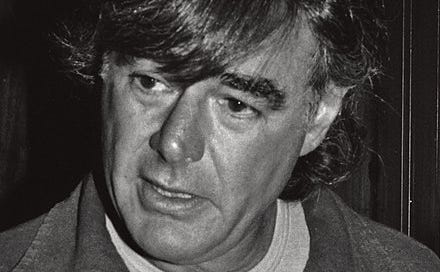Ned Beatty
This fine actor played a variety of roles over the years. Of course, Ned Beatty portrayed the bumbling sidekick to the villain in Richard Donner’s culturally transformative film Superman: The Movie in 1978. He also played the lead in his own comedy series for television. In a performance for a part which was ahead of its time, he played a mediocrity in a memorable monologue in Paddy Chayefsky’s 1976 satire, Network. He played the unsympathetic river rafter in Deliverance. And he was the title character’s unsympathetic steelworker father in 1993’s excellent Rudy.
In each performance, Ned Beatty is convincing. It’s an actor’s highest compliment: that he plays the part. From a moron in a comic book movie to a knowingly sinister secondhand business executive, Ned Beatty made every second of his performance believable. In terms of range, my favorite role is as Rudy’s dad, who goes from being horrible to supportive father—even if it’s really too late for his son—and he’s equally im…
Keep reading with a 7-day free trial
Subscribe to Autonomia to keep reading this post and get 7 days of free access to the full post archives.



